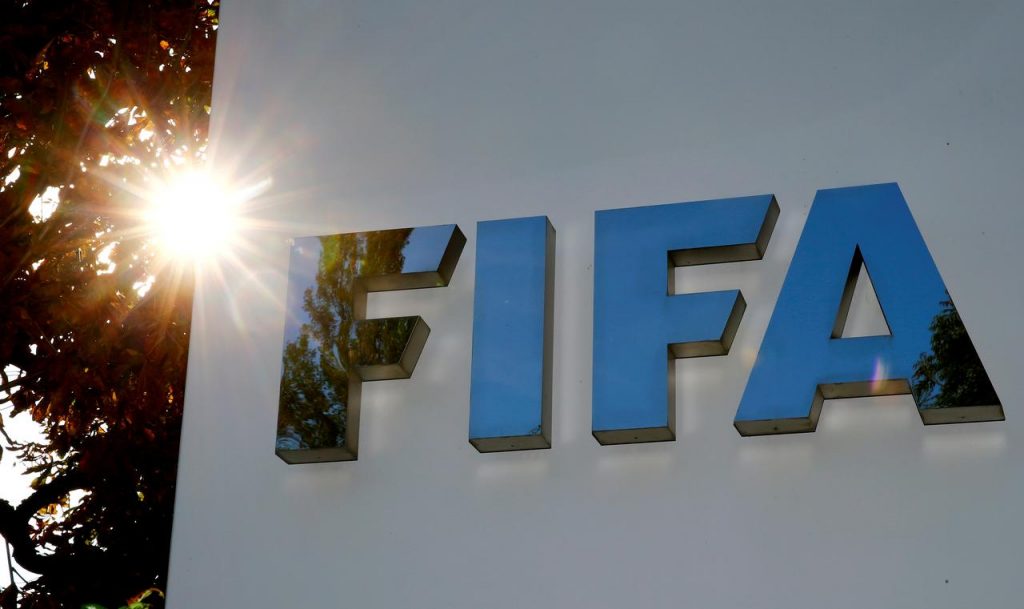Miami: Concerned by political and logistical impediments, FIFA will face resistance in Qatar to attempts to expand the 2022 World Cup to 48 teams and spread games across the Persian Gulf.
FIFA President Gianni Infantino was given the backing of the governing body’s ruling council Friday to pursue his mission to enlarge the 2022 tournament from 32 to 48 teams, requiring at least two more stadiums in at least one additional country.
FIFA and Qatar have until June to come up with a joint proposal to present to the congress of soccer nations, but the concept is mired in complexities stemming from the blockade of Doha by neighbors, tension highlighted in a report considered by the council Friday.
During this next phase of the consultation process, FIFA will face Doha-based World Cup organizers highlighting potentially insurmountable issues involved in adding more venues outside of Qatar and hope the concept collapses.
While the Doha officials involved in the World Cup want to keep it as a purely Qatari event, FIFA is also negotiating on a political level — making direct contact with the country’s emir, who hasn’t publicly discussed the sharing concept.
Qatar is working to complete eight stadiums for a 64-match schedule. The tournament was moved from its usual June/July dates to Nov. 21 through Dec. 18 because of the fierce summer ahead and shortened to 28 days because of the interruption it causes to the European club season.
Adding 16 additional teams and 16 more games necessitate more venues. The United Arab Emirates has two stadiums with capacities over 40,000, but FIFA accepts the UAE along with Bahrain and Saudi Arabia cannot be considered unless they restore the diplomatic, economic and travel ties with Qatar that were severed two years ago.
Kuwait and Oman have remained neutral in the dispute and would be options politically, but their stadium infrastructure is lacking. Kuwait City’s Jaber Al-Ahmad International Stadium has 60,000 seats but Sabah Al-Salem Stadium only 26,000. The venue in Oman identified in a FIFA study is the 34,000-capacity Boshar-Sultan Qaboos Sports Complex.
The Gulf crisis stems from Qatar’s support for extremist groups in the region, charges denied by Doha. The boycotting nations also have pointed to Qatar’s close relationship with Iran.
Qatar World Cup organizers said in a statement they remain ‘open to the process of discussing a potential expansion’ but stressed they are pressing ahead with planning for only a 32-team tournament.
“It has always been our mission to ensure that this World Cup belongs to the entire Arab World and the Middle East,” the organizers said.
“We will work with FIFA to determine whether or not a viable operating model does exist and, importantly, whether it is in the best interests for football and for the tournament, and for Qatar as the host nation. After these consultations, the final decision will be made by Qatar and FIFA.”
AP
